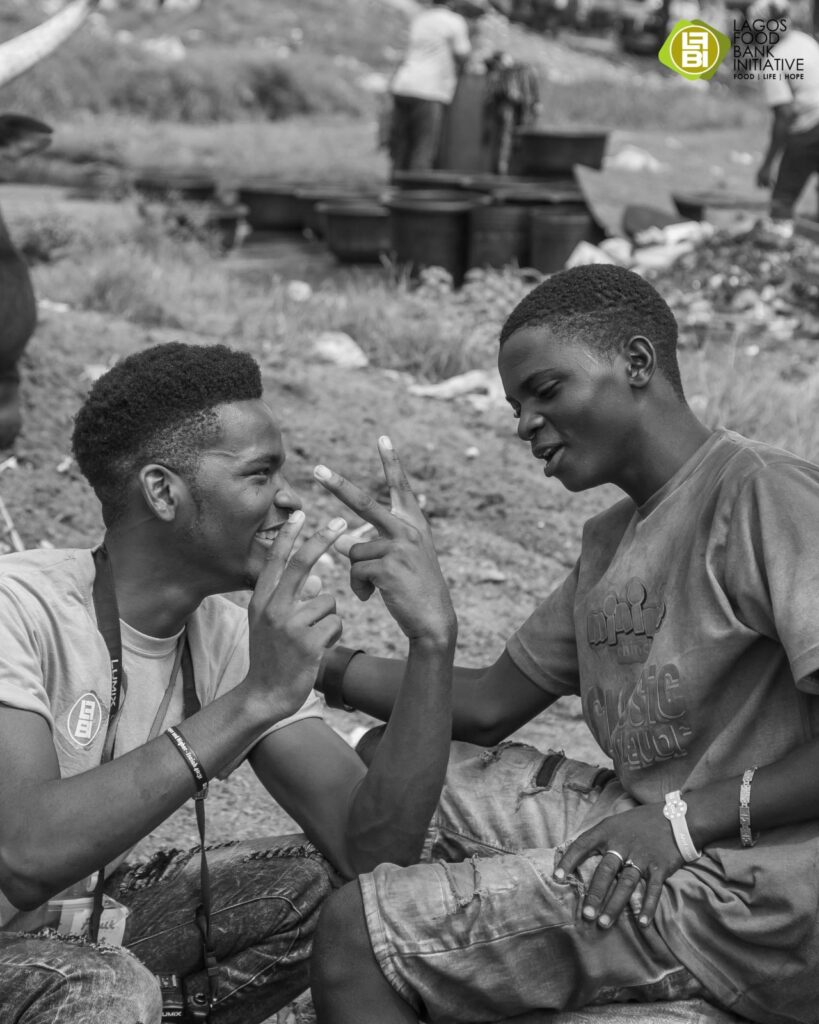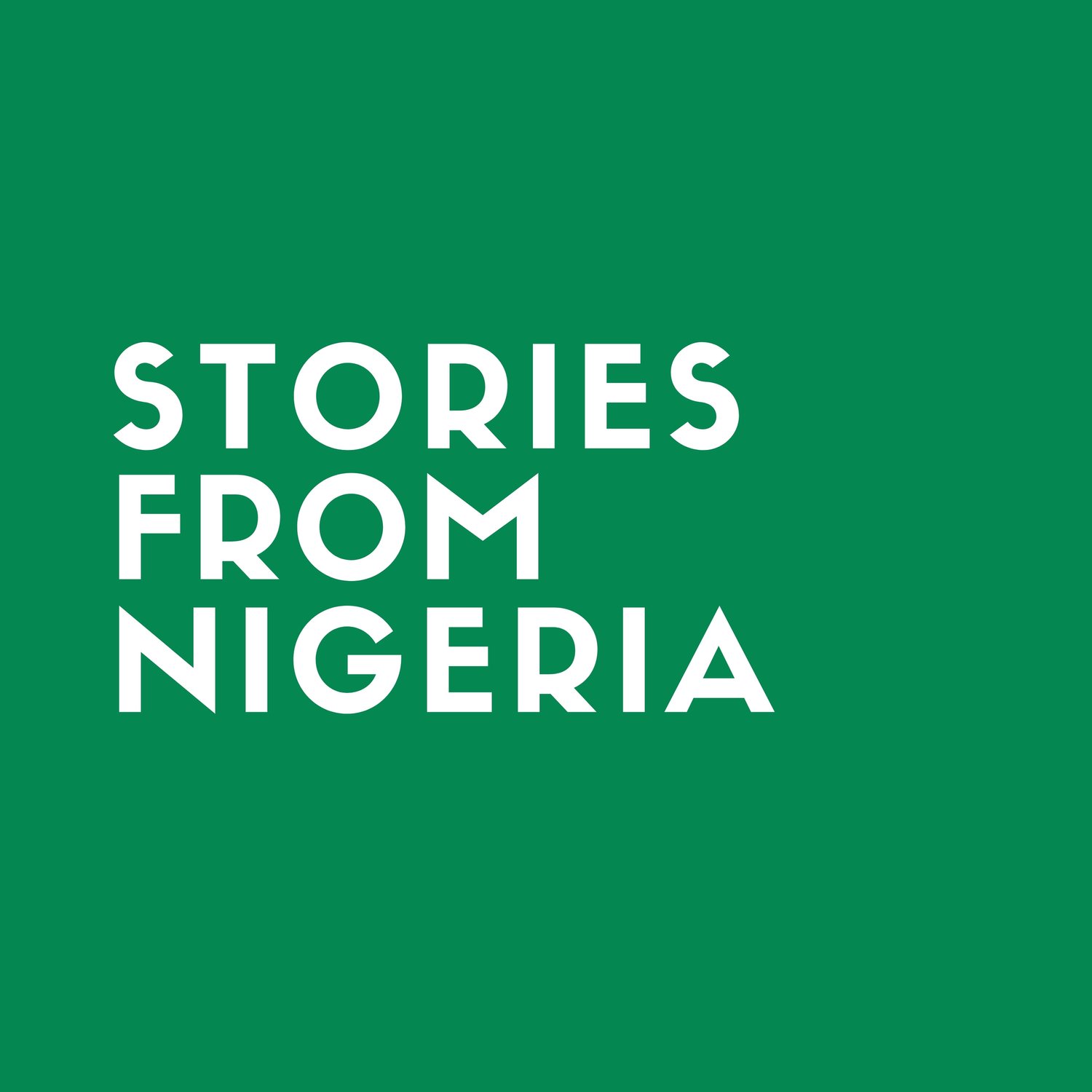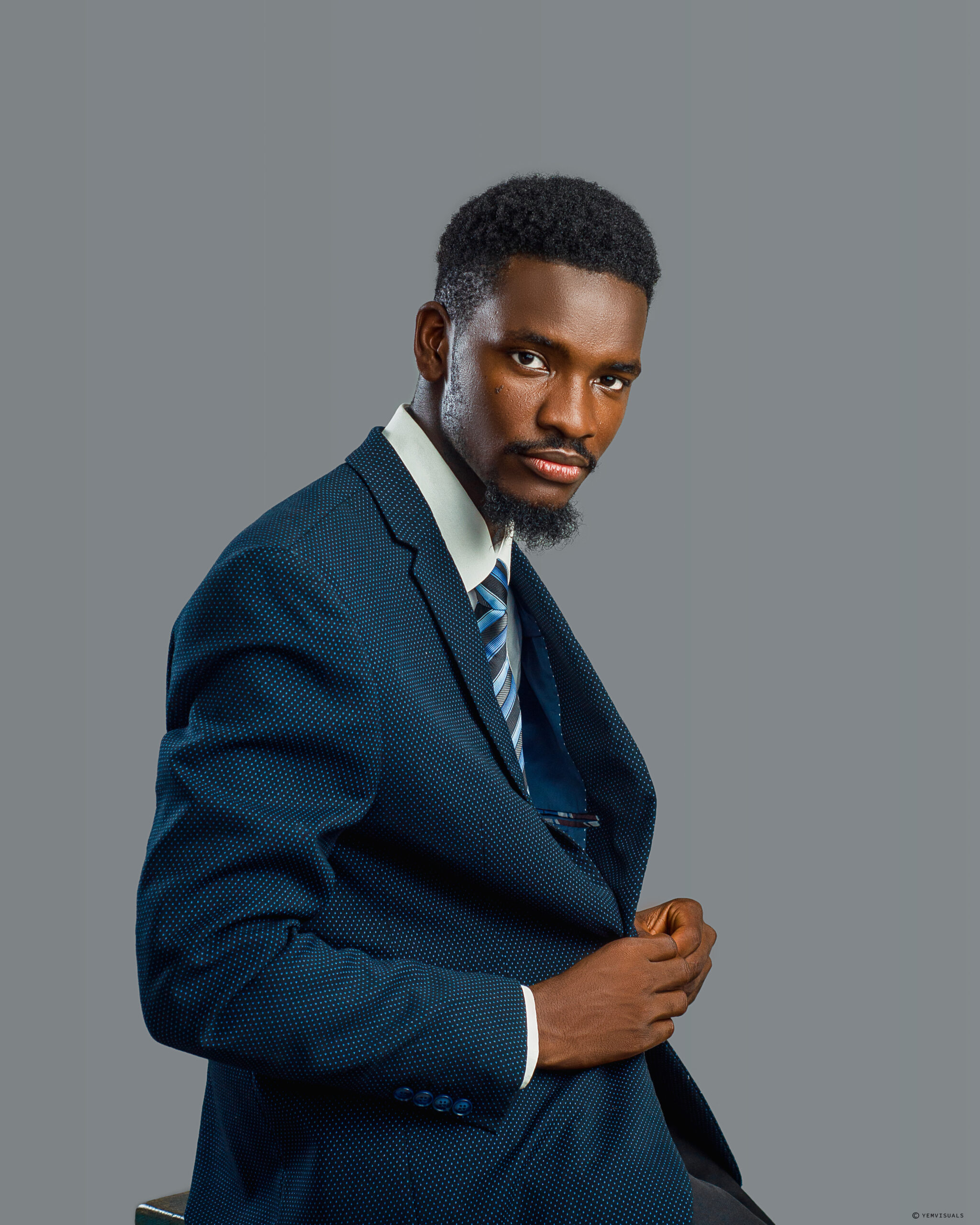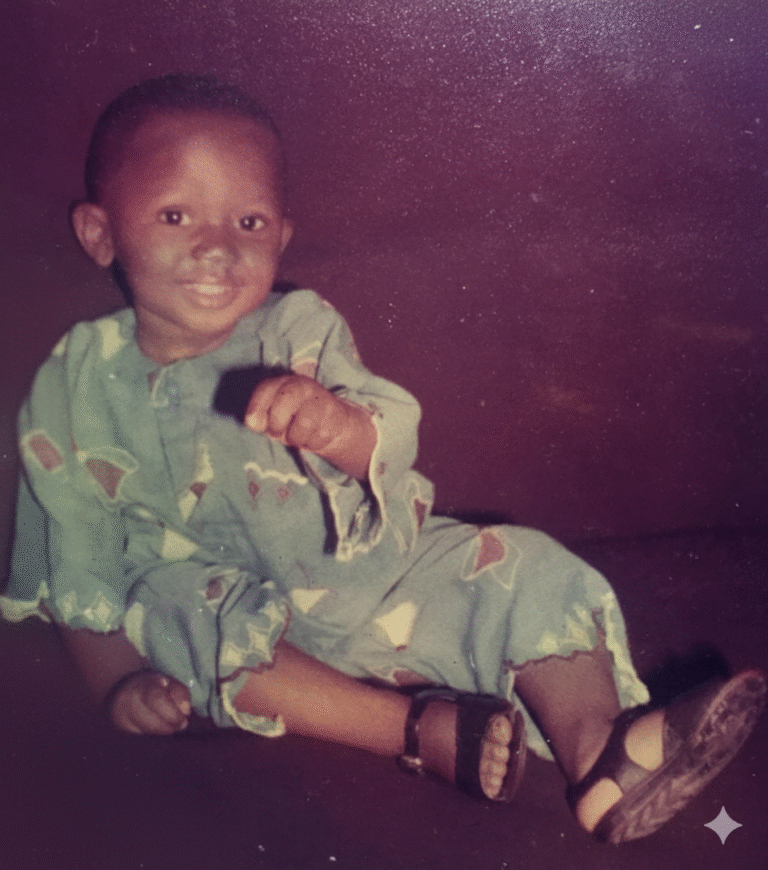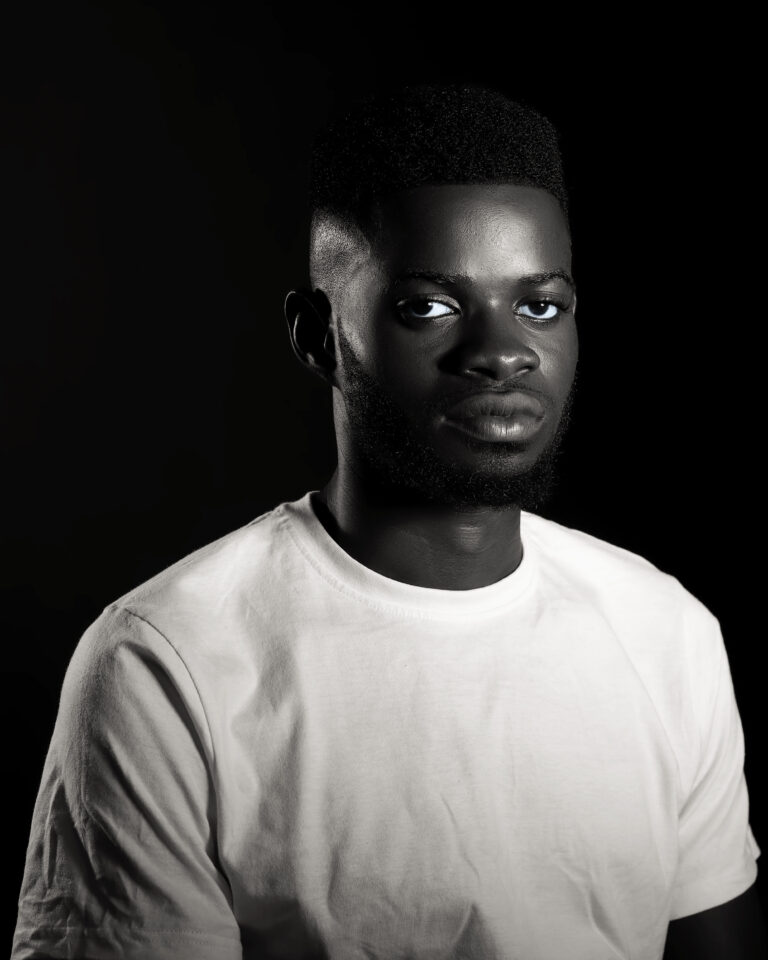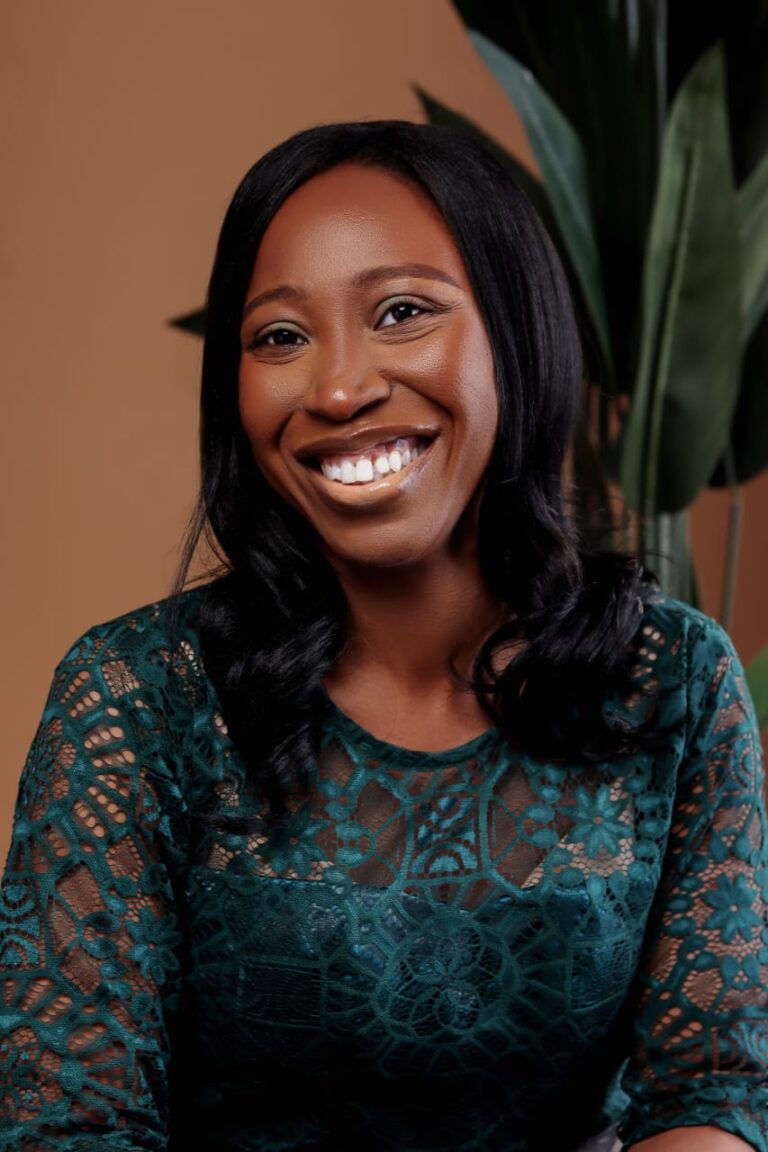There were about 150 Corp members packed into the room. At the time, I was the hostel governor for my hostel (Room M4) at the Magaji Dan-Yamusa Permanent Orientation Camp, Nasarawa state during my National Youth Service Corps (NYSC). It was just a few days into camp when a group of guys came around, in need of a place to stay. All the hostels were full, and one after the other had turned them away. Eventually, they ended up at our door.
I took it upon myself to speak to the other roommates and everyone insisted they didn’t want more people. They urged me not to accept anyone else into the room. It was a tough choice for me, either I told them to leave or I found a way to help. I could remember climbing onto one of the bunks and calling for everyone’s attention. I said…
“After 21 days, we won’t be here again but what we do within that 21-day period could mean a lifetime change for some people here”.
I pleaded with my roommates, asking that we all adjust our beds to create more space so a few extra bunks could fit. At first, it didn’t seem like I had convinced them. But then I asked for six people to follow me to help bring in more bunks.
Initially, It didn’t seem as though I had convinced them but then I requested six (6) people follow me to get more bunks into the room so we could make it happen. Maybe I was able to touch an emotional part of them because no less than 50 people followed me to get the bunks that day. I was so moved to see them get back in touch with their humanity. Naturally as humans, we can be selfish but on that day I saw a side to being human, I witnessed the true beauty of compassion, unity, and sacrifice that I don’t get to see while growing up in my neighbourhood.
Epe was relatively peaceful but had a high rate of illiteracy at the time. Growing up in Epe, Cultism was prevalent and it didn’t help anyone. There were few examples of what was possible beyond that cycle. The exposure was limited, and so were the aspirations. But deep down, I knew there had to be more. There was a wave of internet fraud that had a repeating cycle, spending lavishly on material things and all that, then defaulting to opening a shop with whatever money that was left. This was the only future I could see.
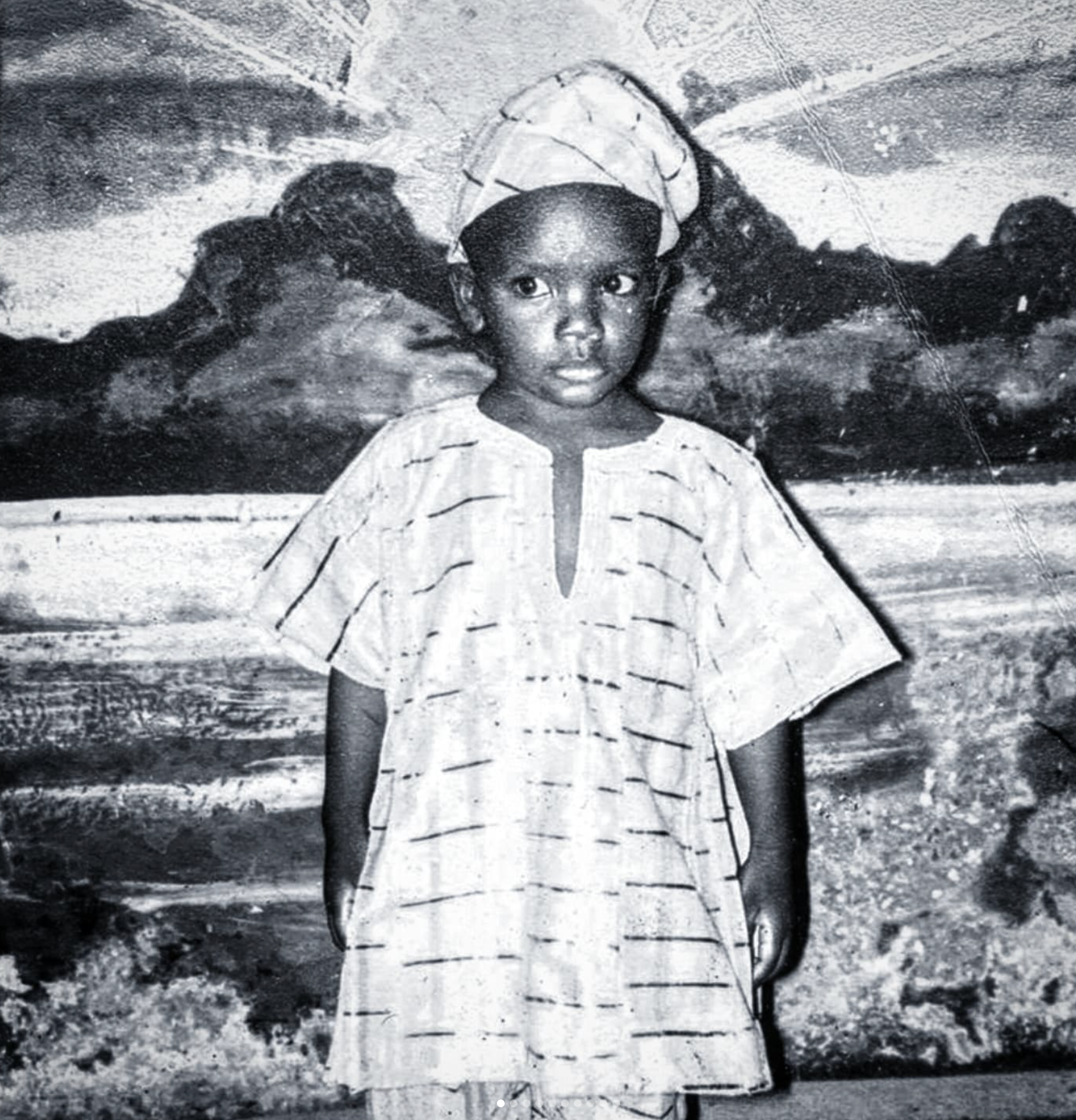
Leaving for Ibadan made things different. My father had relocated to Ibadan, and I soon joined him there. I could feel the difference in the environment. Where we lived was filled with people with enviable thought, who were educated, and well-to-do. It was a different world.
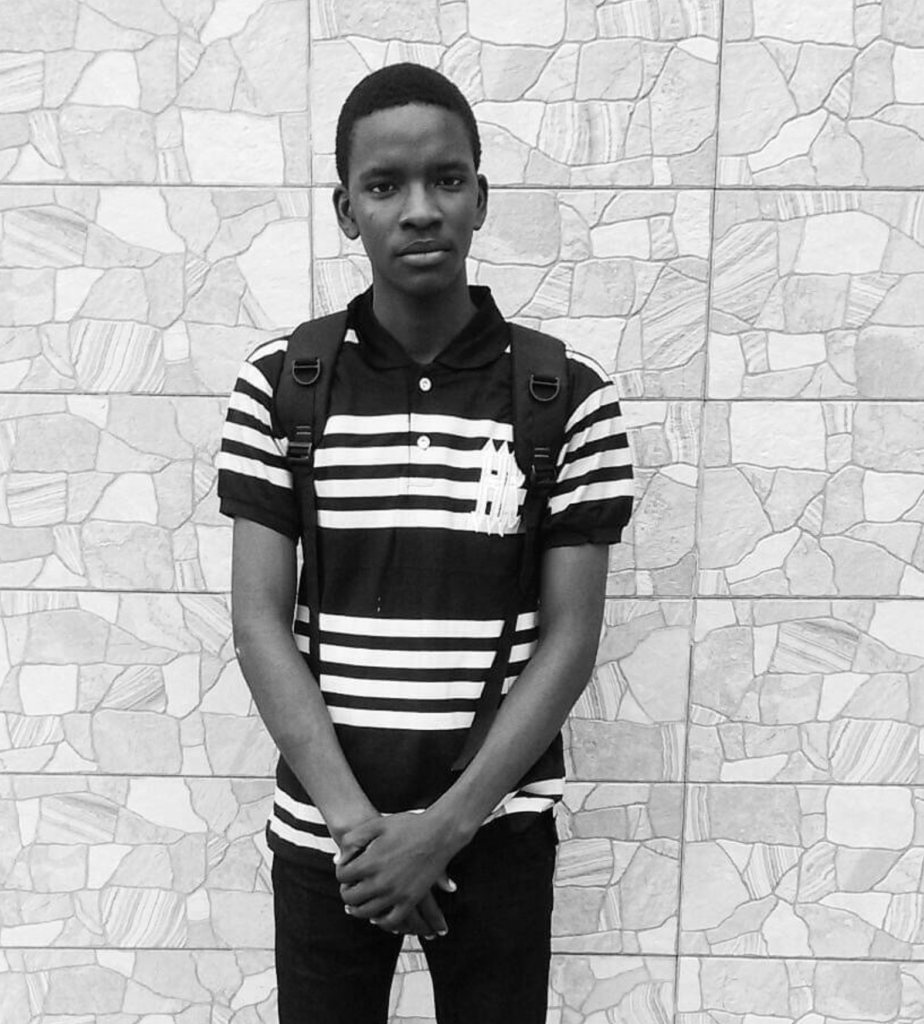
Leaving for Ibadan made things different. My father had relocated to Ibadan, and I soon joined him there. I could feel the difference in the environment. Where we lived was filled with people with enviable thought, who were educated, and well-to-do. It was a different world.
I began to mingle with young people whose parents were professionals; doctors, engineers, and entrepreneurs. These were kids who had access to quality education. Coming from Epe, where I had attended a community school, this was a major shift. I was enrolled in St. David’s Cathedral College, a private school. There was a level of discipline in this new school that I wasn’t used to. It was challenging at first, but it opened my eyes. I was getting exposed to skills “rich” people invest in their children from a young age like playing chess, musical instruments etc. Impact starts from the mind, and unless it starts from the mind, it won’t do anything. Seeds of impact were being sown in my mind and I began to look at the world differently.
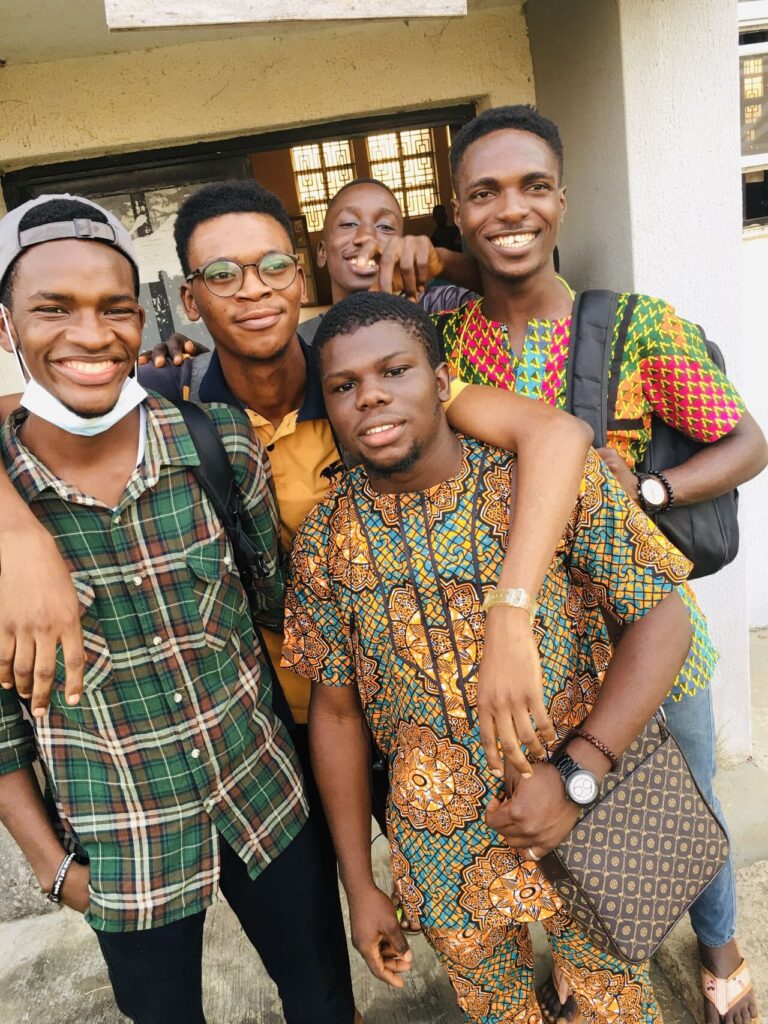
After my secondary school, I proceeded to the best university of technology in Nigeria (lol), the Federal University of Technology Akure to study computer engineering. In FUTA, I realized I was passionate about impact. I was so driven to volunteer for others and felt it was a good way to make the impact toward what I am passionate about. While as an undergraduate, I volunteered for many local and international organisations like Cardinal Health (Pioneer medical initiative), hultprize, TedxFUTA, TedxYabastreet amongst others. My 100 and 200 level was spent volunteering. I ensured I left a mark in every organisation I joined, One of such organisations was the Pioneer Medical Initiative now known as Cardinal Health.
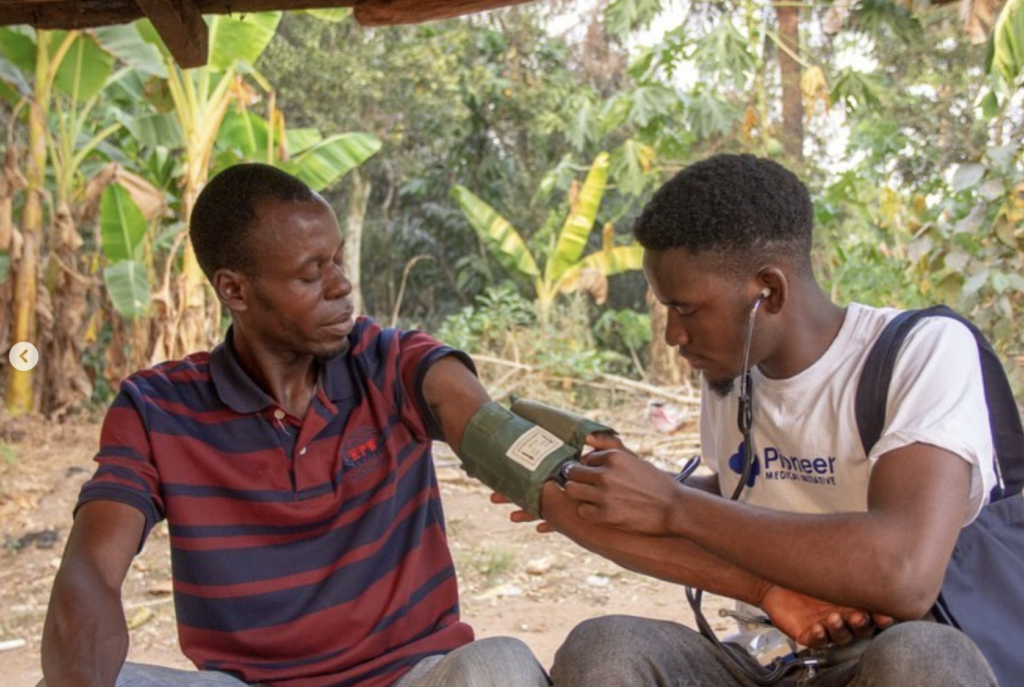
During my time at Cardinal Health, we adopted a village. (Awo-kajola village) where I and the team will go twice a month to do a medical check up for them. We had been trained and certified as health curators, on how to carry out basic health tests like blood sugar, blood test, BMI and a couple other ones. We were also taught how to make decisions based on the results and offer medical advice. Each time I went to this village, I could see the joy they felt. I knew the world held more for them but even with the effort we were able to put in for them, they smiled and even gave gifts to us sometimes. Their smiles meant everything to me and made me want to do more. While I kept volunteering, sometimes my academics suffered but did it matter much?
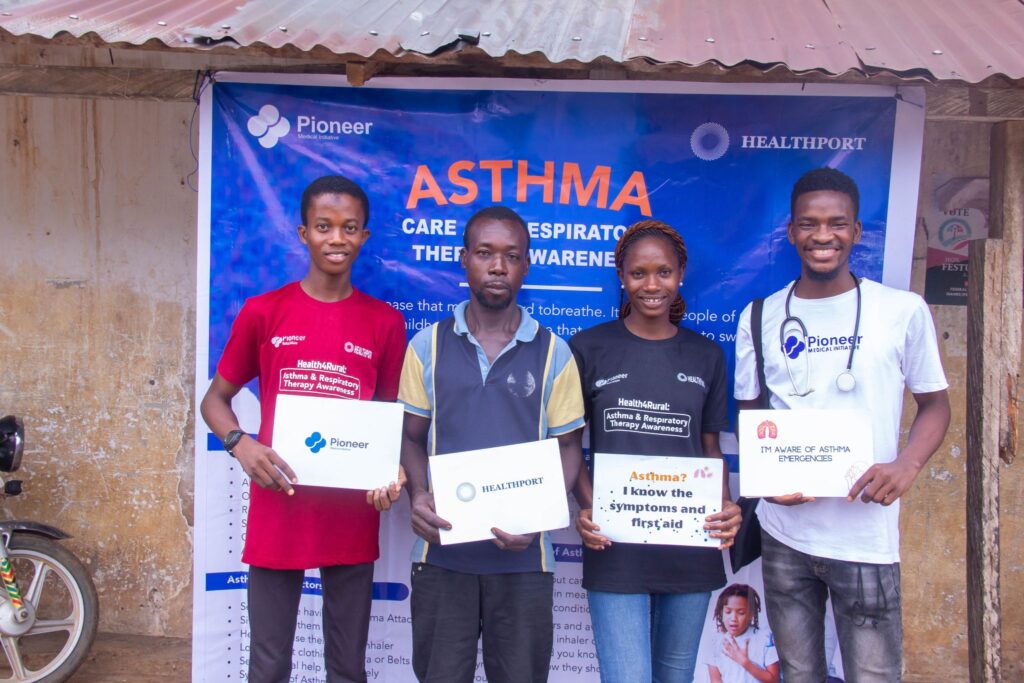
School breaks were another volunteering opportunity for me. I’d leave Akure back to Lagos and volunteer at the Lagos Food Bank Initiative. Some days, waking up early to head out, my mother would look at me dismayed “you’re waking up early to go share food for people and you have not even going to eat? You want to go and share food for people on an empty stomach?”. The firsthand experience of the impact the gesture has on people we reach out to fuels the passion I have for it. People always ask me “do you want to save the world?” I can’t take away all their problems but I can give them hope by handing the rice, indomie or spaghetti to them. I don’t have as much joy from any other thing as when I give back to people.
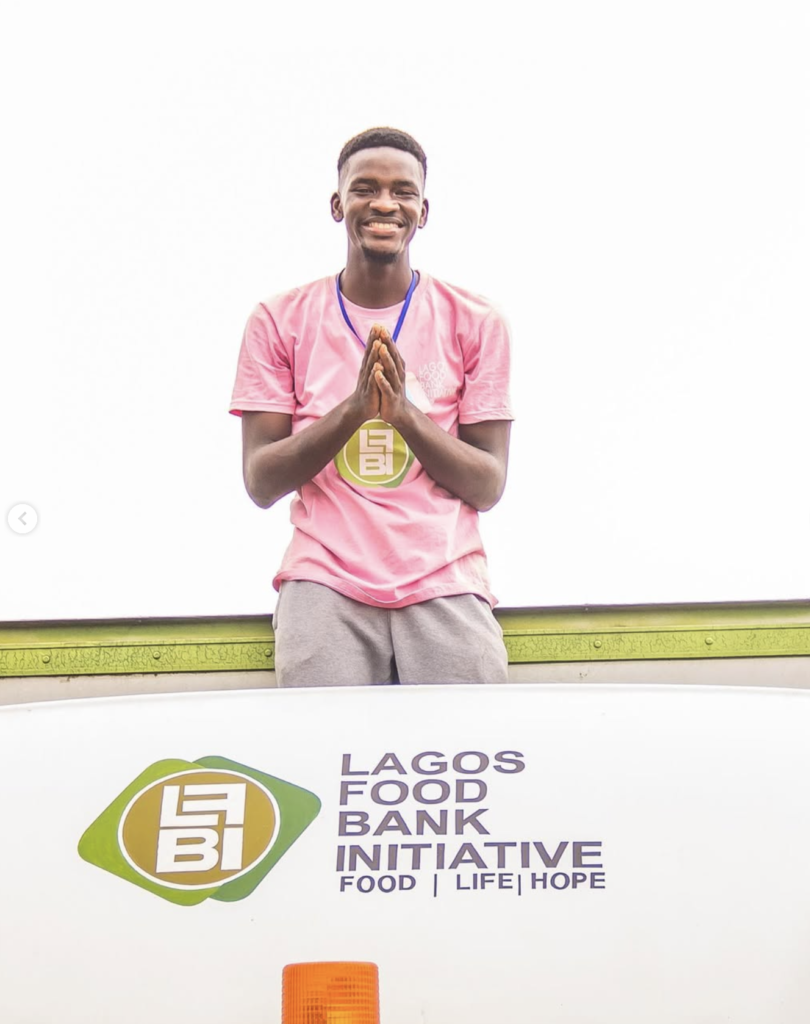
Each time I volunteer with the Lagos Food Bank Initiative and while we are at an outreach giving food to people, it takes my mind back to Epe. There was a moment in my family when things got tough. My parents were not together at this time and things were rough. Eating was hard and when you get to eat, you glorify God. I understand what it means to eat a three-square meal because we didn’t have it. I ate a lot of unimaginable food combinations, like “feshelu”. “Feshelu” is when you mix cassava flakes (garri) with your hands in cold water then head to food vendors to beg for stew to eat what your hands have made. So being able to give food and hope to people, makes me remember where I’m coming from. We didn’t have people come around to give us food like I was doing. I know what it means to be hungry and not have something on your table, I have experienced it.
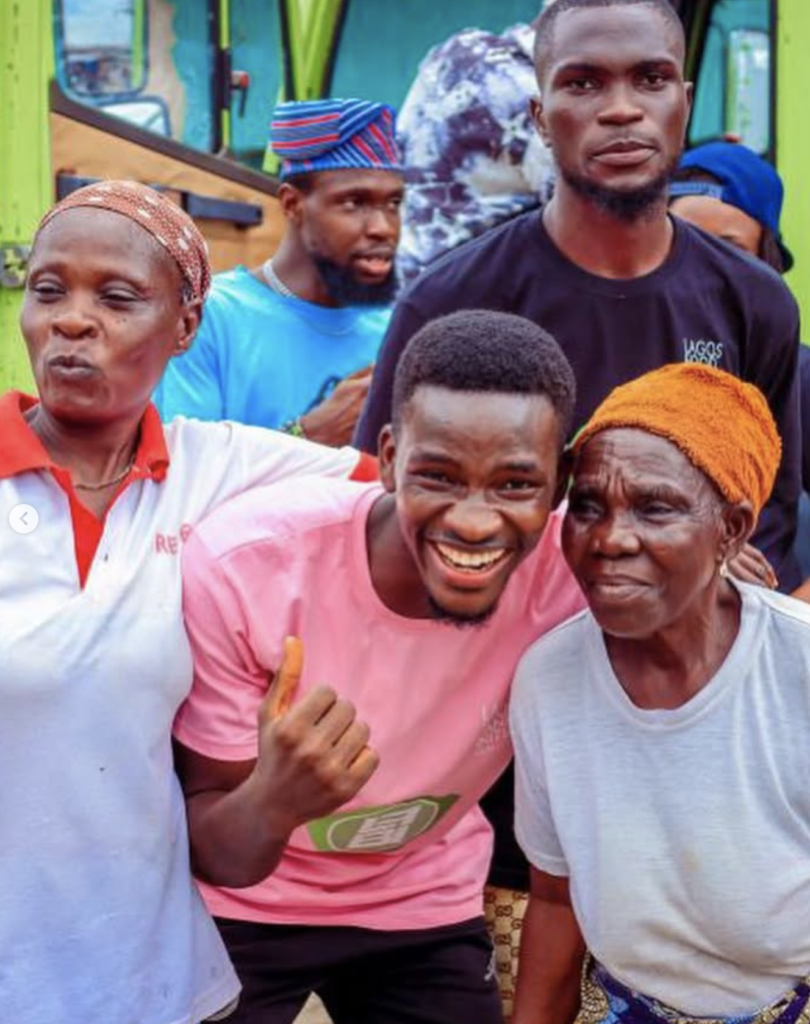
Back in school, I found myself mentoring young people who were in secondary school. I was in my 300 level at this time. I noticed there was a problem of digital literacy among the students because usually they underperform during the Computer based test (CBT), that was the beginning of the call. Soon enough I started visiting their schools to teach them basic knowledge about digital literacy, exposed them to basic productivity tools and how to navigate the digital world. This act led to Teens-Launch Africa (now IDEATE Africa). Each time I visited the schools, I’d put it up on my Whatsapp status and talk about what I did for the day. As time went by, people began to be interested in what I was doing and would say to me “when next you are going, can you call us along? We want to go with you.”
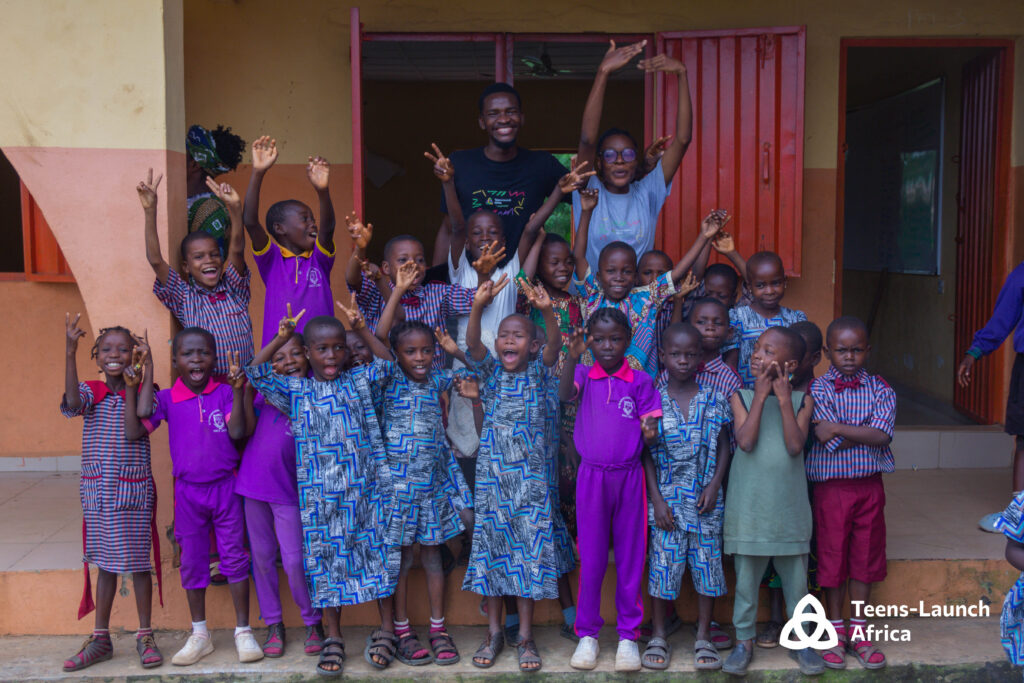
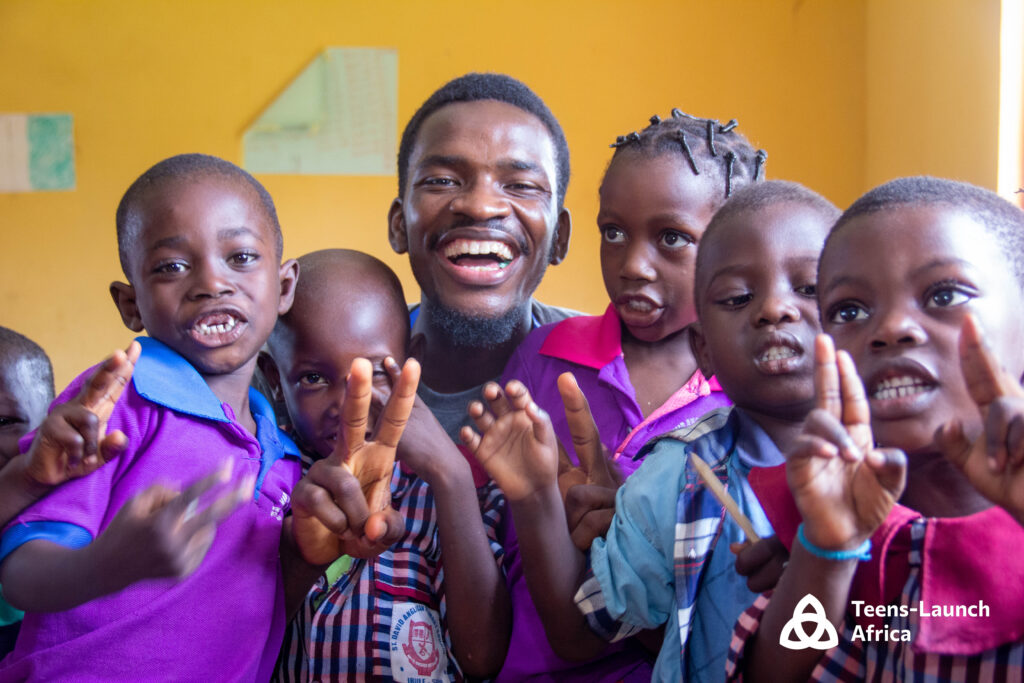
IDEATE Africa has existed for about four years now and over the course of those years, we have directly impacted 2,000 students across states in Nigeria and even more indirectly. One of the programs our organization handles is the “virtual reality for education” program. We go to schools and help students learn practically. For example the students are aware of the solar system, life under water, and all these things but they only see graphical images. So we use virtual reality technology to show them a realistic view of these places. It goes from being theoretical to them seeing how the moon revolves, how the sun rotates, how mercury is close to the sun and how real all of this is. This opens their minds to possibilities. Our programs are not one-offs, we don’t want to go to these schools, teach one day and go away. I had learnt this from previous volunteering, and so we adopted a school for a number of months, going there every week to sow these seeds of impact.
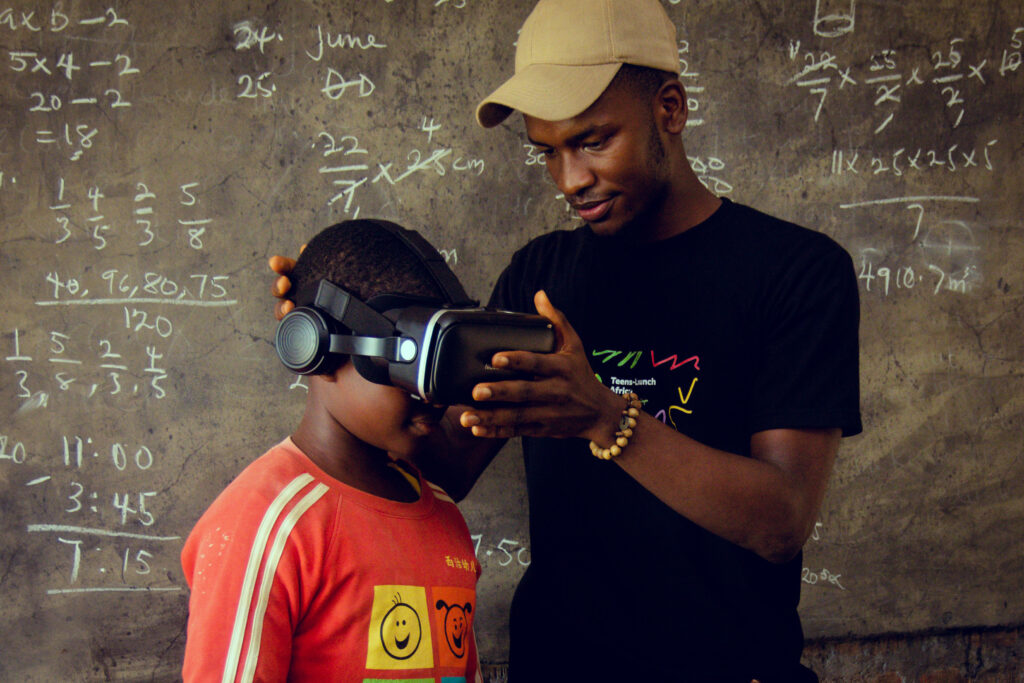
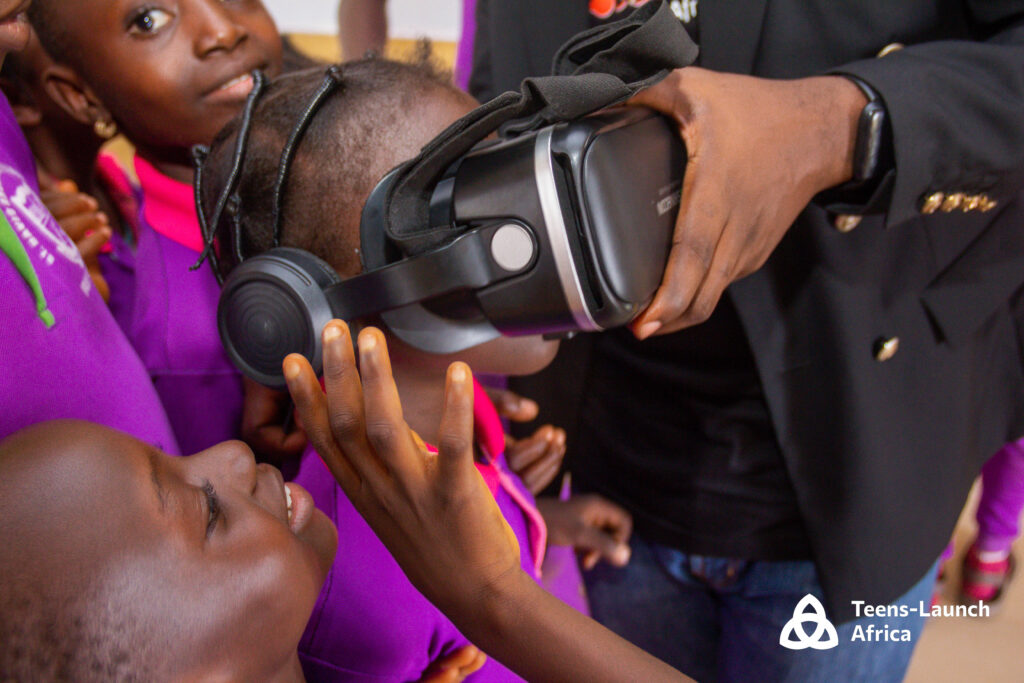
I had a similar thing done for me while I was in junior secondary school. We had some set of people come to our school to tell us about computers. They didn’t even come with computers at the time, but with pictures of computers. This visit opened my eyes to what a computer was. They went as far as telling us how our examination papers were typed with computers and all that but we were not shown how anything was done on the computer. I was already curious and fascinated by this, then one night my brother came home and it was as though I had met God.
My brother brought home a friend’s laptop and we watched a movie on it. I was awestruck; not by the movie, but the device itself. That was my first real encounter with a computer. The seed of curiosity was planted. I started to yearn for everything computers. If no one had mentioned computers to me, I wouldn’t have been so interested in what it was and how it works.
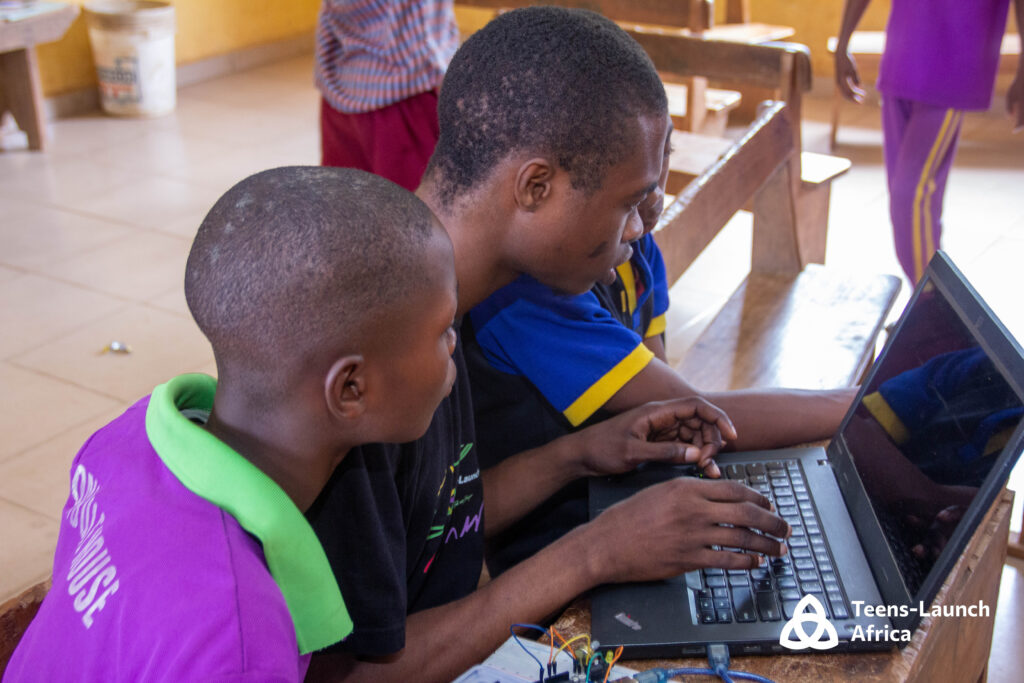
What IDEATE Africa does in teaching students about computers and technology is sowing seeds of interest. The resources in the country may not give them the luxury of time to practice or have the tools readily available to them but we try as much as possible to help them see the possibilities of what can be done with technology.
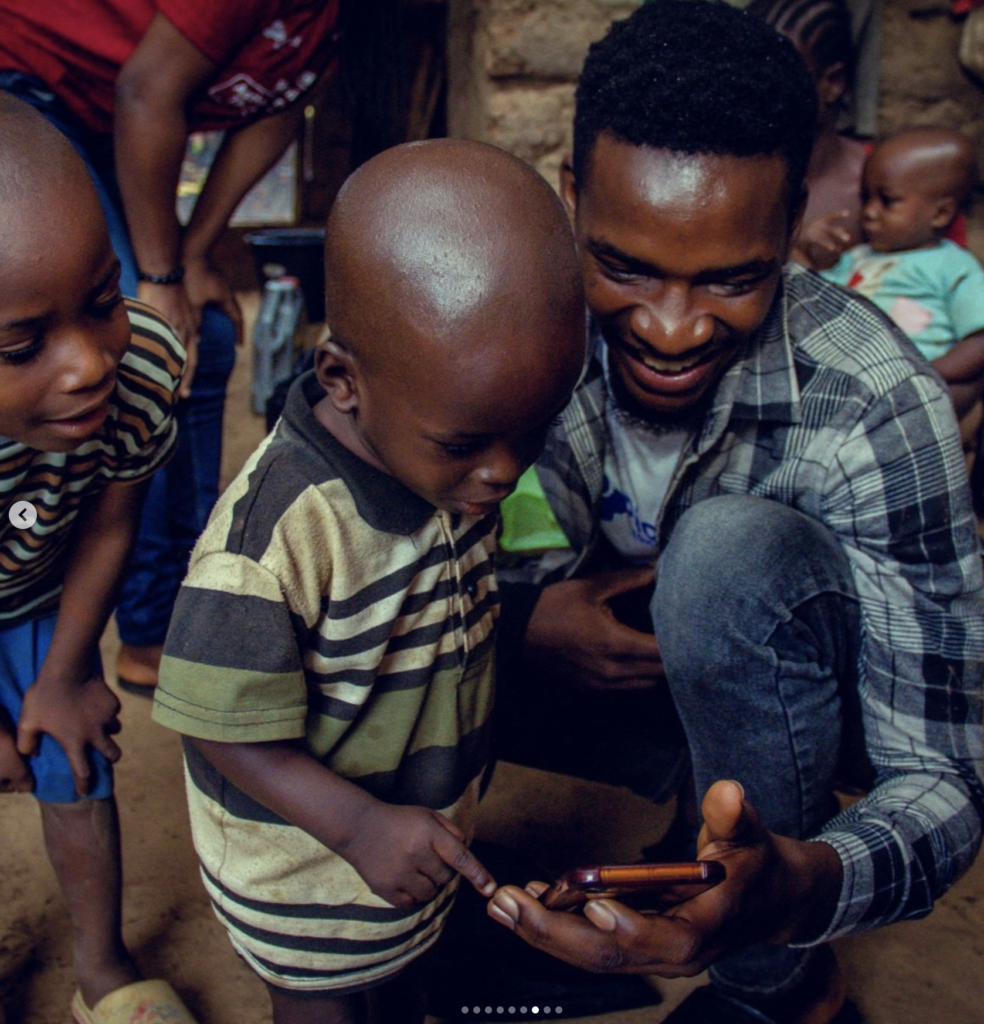
By the year 2030, IDEATE Africa wants to have seen that 10,000 youths through us, have access to digital education and technical knowledge. This is our big vision. It looks so impossible but I believe it’s very possible. We want to create a possibility for digital education to be widely accepted, and easy to learn at very low cost.
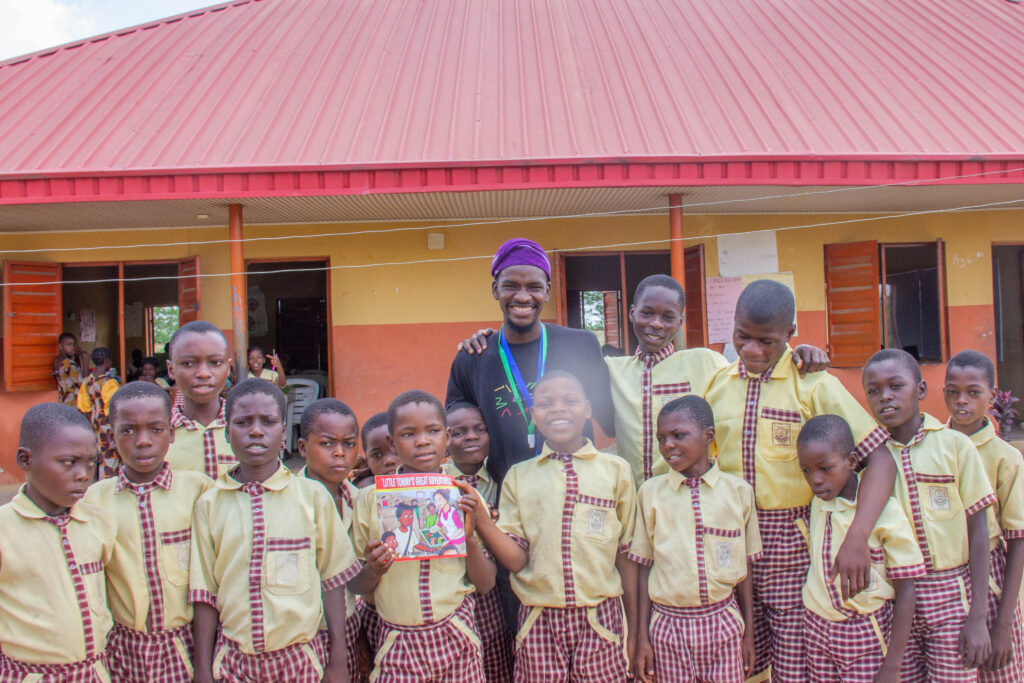
My life has changed from what it was 10 years ago. I recently had the opportunity to visit the community in Epe, Lagos State, where I grew up. Nothing much had changed.
